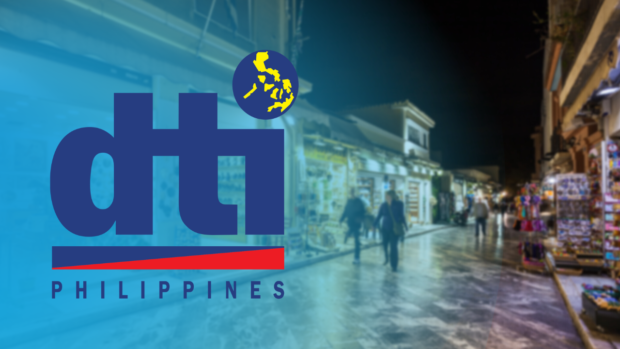The Department of Trade and Industry (DTI) has granted its seal of legitimacy to two multi-level marketing (MLM) firms, the first two under its program aimed to protect the public from becoming victims of companies employing chain distribution plans or pyramiding scams.
Trade Undersecretary Ruth Castelo, who heads the department’s consumer protection group, said during DTI’s Saturday radio program that they granted these to the local units of US-based firms Unicity and Max Health and Living International.
Both MLM companies offer supplements in their product lineup, according to Castello.
“We have pending applications from around eight companies,” Castello said, adding that the review process for these companies is thorough and takes time to finish.
Castelo said they use an eight-point test to determine the legitimacy of an MLM company.
The test includes the following questions, according to the DTI official: 1) Is there a product? 2) Are commissions paid on sale of products and not on registration or entry fees? 3) Is the intent to sell a product not a position? 4) Is there no direct correlation between the number of recruits and compensation? 5) If recruitment were to be stopped today, would the participants still make money? 6) Is there a reasonable product return policy? 7) Do products have fair market value? and 8) Is there a compelling reason to buy?
Marcus Valdez II, director of DTI’s consumer policy and advocacy bureau, said the seal of legitimacy was launched under the trade department’s Administrative Order No. 21-09, which details the guidelines on the granting of the seal.
“The seal is given by the DTI to legitimate direct selling and multi-level marketing [companies],” Valdez said during the same radio program, adding that they analyze the compensation plans of these firms.
“The principal purpose [of the seal] is to help consumers determine which ones are legitimate because they invest their life savings to join these companies,” he added.
While not a mandatory requirement for such firms to operate in the Philippines, Valdez said that firms, which apply for the seal of legitimacy was an indication whether they run a legitimate business or not.
He said the MLM and direct selling firms that wish to apply for the seal can download the application form from the DTI’s website.
Companies which will apply will also need to submit several documentary requirements, including copies of their business registration certificate, business permit, the company’s article of incorporation and bylaws.
“But the most important submission from applicants is their compensation and marketing plan,” he said, adding that those will tell them whether the business is a pyramid scam or not.


